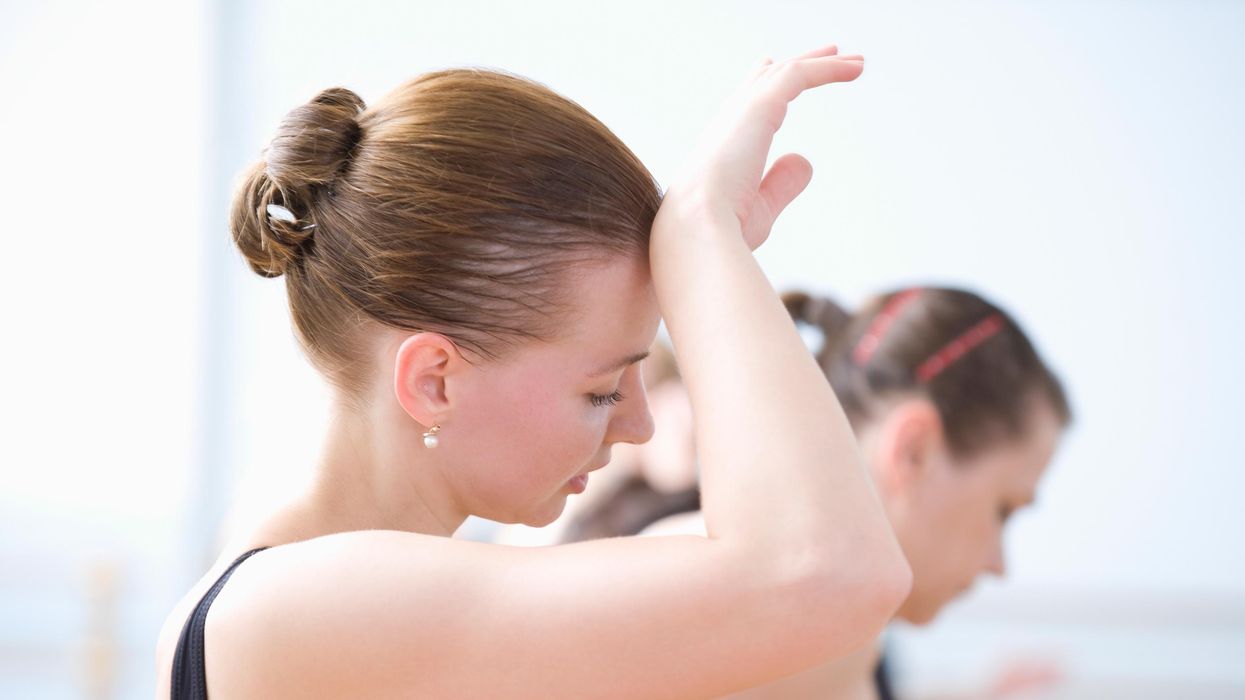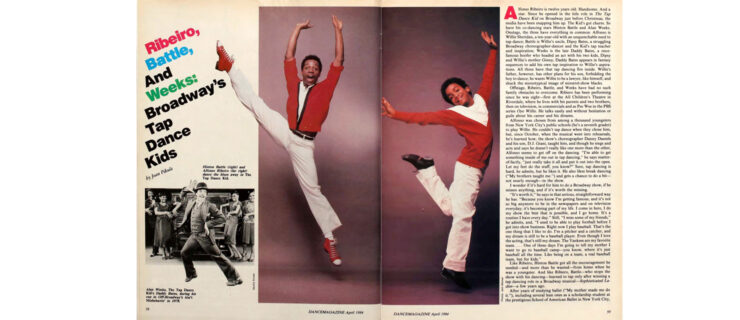A Dermatologist Shares Her Tips For 5 Dancer Skin-Care Challenges
There are a lot of opinions out there regarding skin care—and it can get totally overwhelming. To make sense of all the noise, we asked board-certified dermatologist Dr. Claire Chang for her tips for the skin-care challenges of our sweaty industry.
For periods of high sweat and heavy makeup:
1. Stick to a regimen: “Constantly trying new products will make it unlikely for you to see lasting results,” says Chang.
2. Cleanse, cleanse, cleanse: “Excess sweat and oil on the skin can clog the pores, increase bacteria build-up and make your skin more prone to breakouts,” she says. “Cleanse your skin morning and night as well as before and after sweating.” If you’re wearing heavy makeup, Chang recommends double cleansing. (Start with an oil-based cleanser or micellar water to remove makeup and dirt, then, depending on your skin type, use a gentle water-based cleanser or a salicylic acid cleanser, if you’re prone to clogged pores and acne.)
3. Be gentle: “Stay away from harsh soaps or scrubs which can irritate the skin and strip it of its natural protective oils,” Chang says.
4. Moisturize like crazy: “Moisturizers provide hydration and repair the skin barrier.” Chang recommends sticking with lightweight lotions that have more water content rather than oil-based, thick creams, especially for those with oilier skin or during humid summer months.
5. Choose your makeup thoughtfully: Use noncomedogenic makeup to prevent clogged pores and breakouts, she says.
For humid rehearsal studios:
According to Chang, microorganisms thrive in hot, sweaty environments, which can lead to acne breakouts and superficial fungal infections. “If you are prone to red, inflammatory acne or folliculitis, a benzoyl-peroxide–containing bodywash can calm down the inflammation and kill acne-causing bacteria,” she says. If it’s severe or persistent, consult your local board-certified dermatologist.
For skin care on a dancer’s salary:
The cost of skin-care products does not necessarily reflect their efficacy. Rather than going by price or popularity, Chang recommends focusing on what your skin needs are and shopping for products with those ingredients. “Do not buy products just because everyone else is,” she says. “I often tell my patients to use gentle, bland cleansers and moisturizers, many of which can be found in the drugstore.”
For dusty backstages:
“Carry around travel-size cleansing wipes or micellar water to clean your skin between acts, and always follow with a moisturizer,” she says.
For preventing maskne:
1. Change or wash your mask after every use: “This avoids reintroducing bacteria and sweat.”
2. Moisturize (again!): “Applying a moisturizer before wearing a mask can help repair the skin’s protective barrier and reduce the friction between the skin and mask,” Chang says.
3. Choose natural, soft fabrics, like cotton: Avoid synthetic fabrics, like rayon, polyester or nylon, which can irritate the skin.
4. Ditch the makeup: It only increases the likelihood of clogging your pores.
5. Take a breather: The American Academy of Dermatology recommends taking a 15-minute mask break every four hours.




